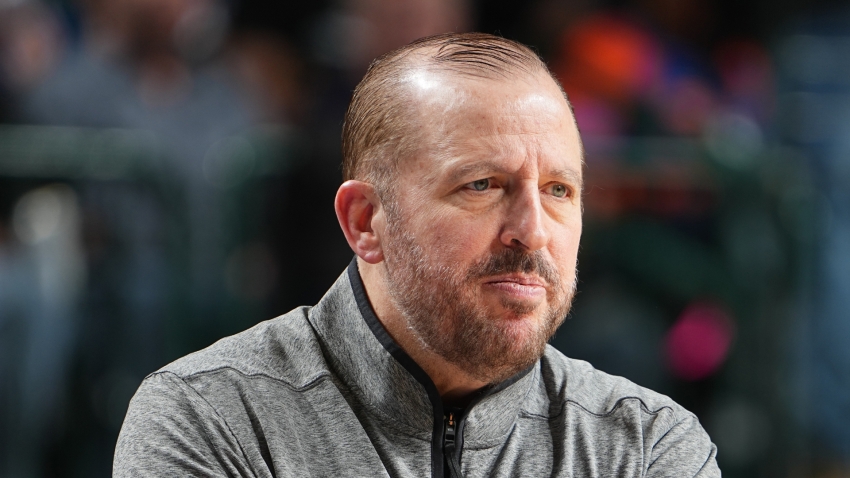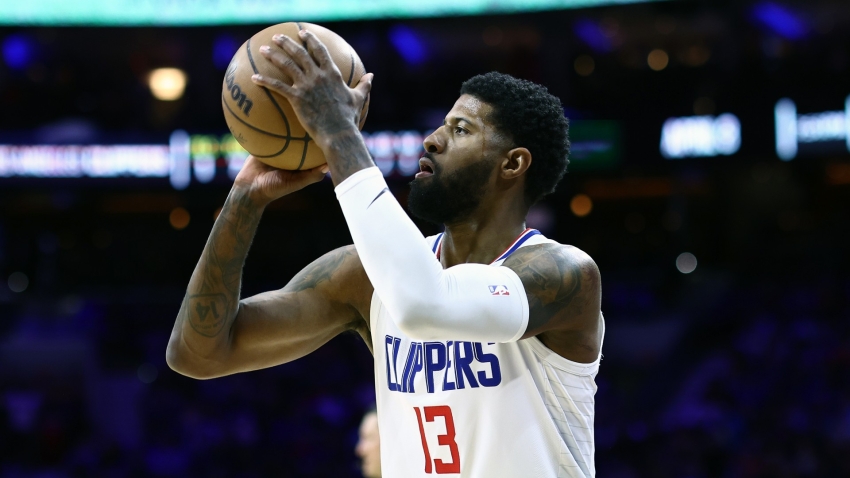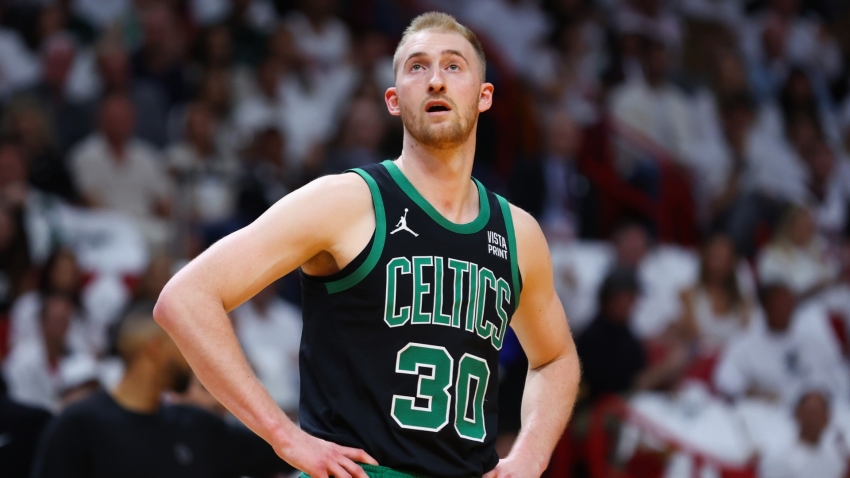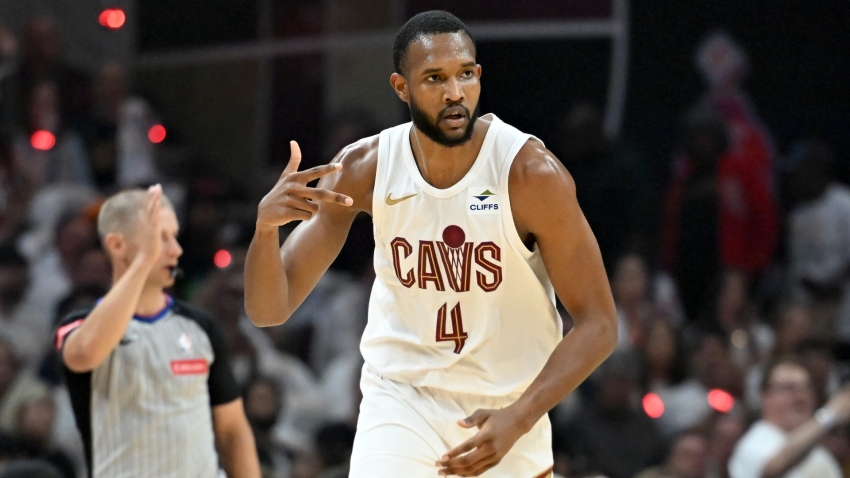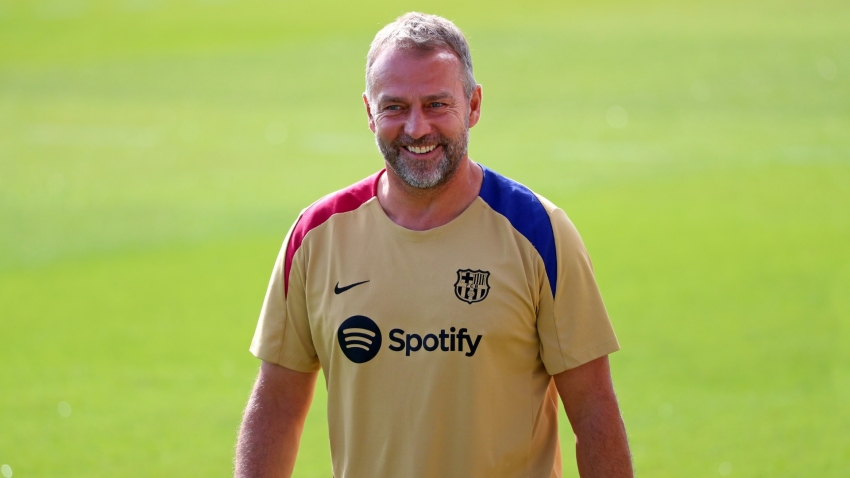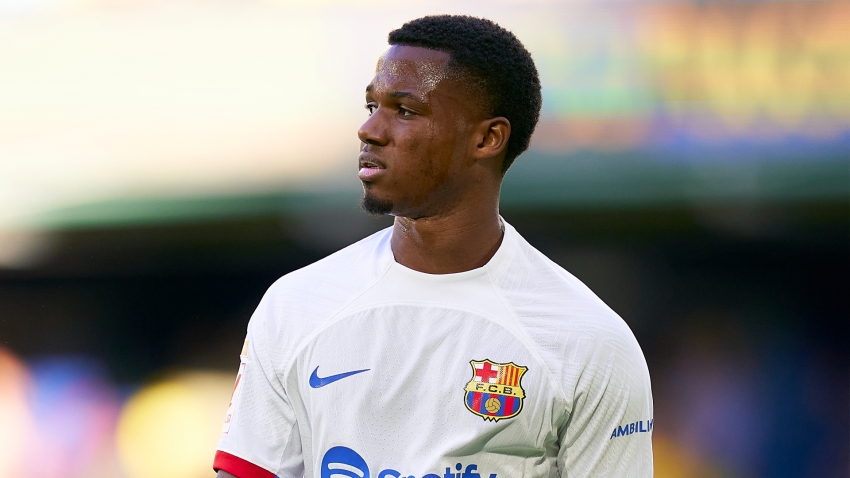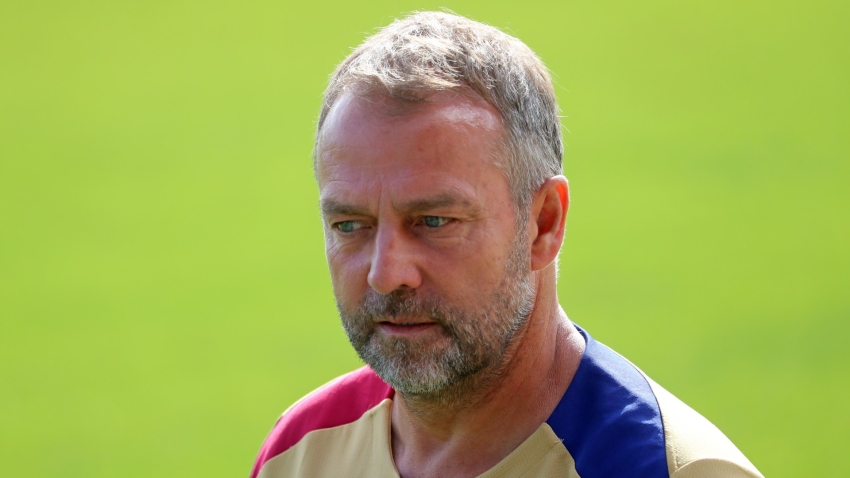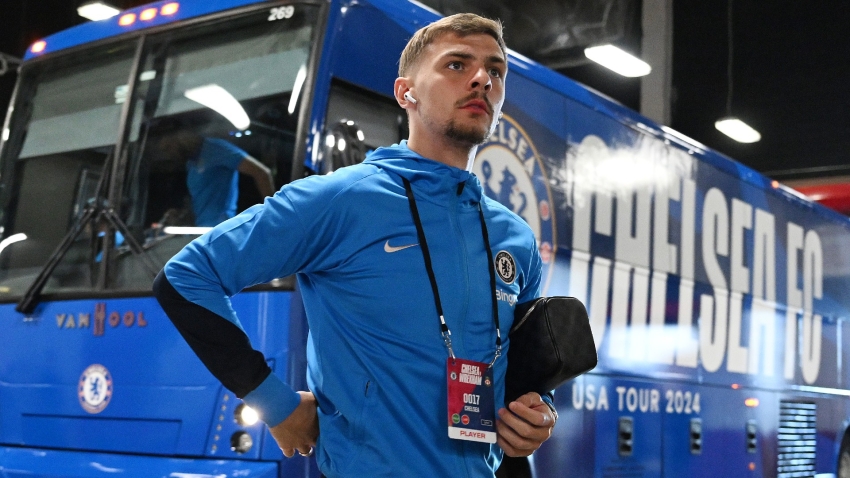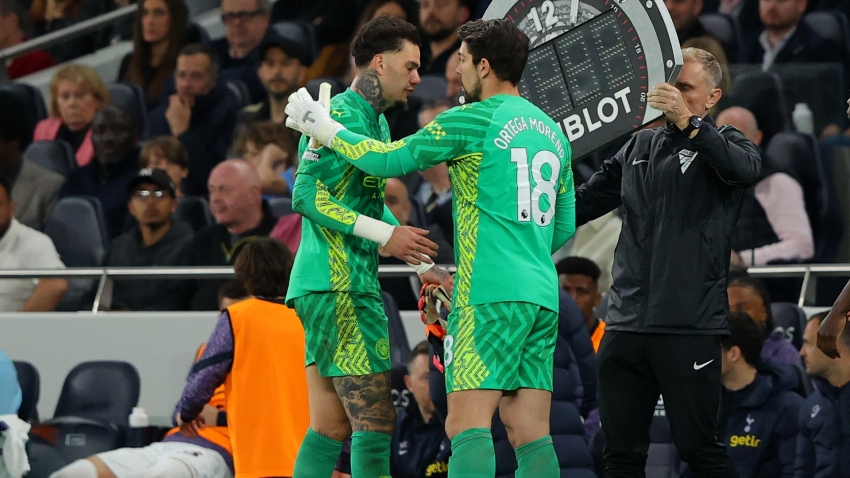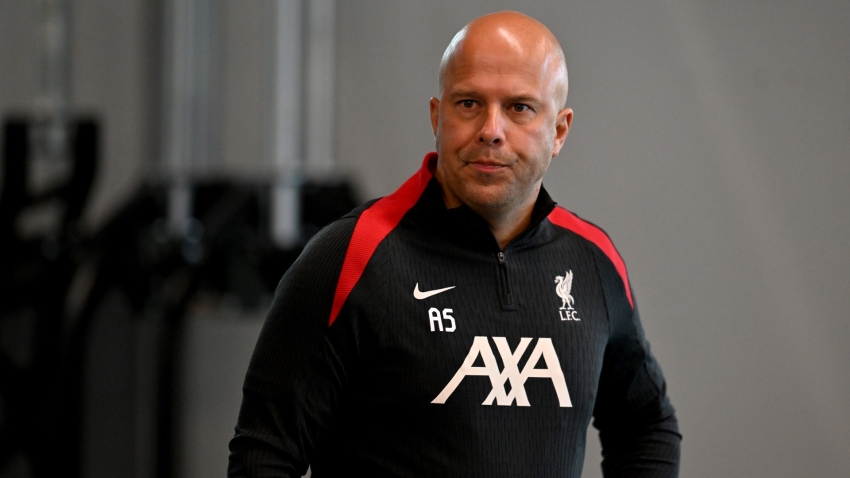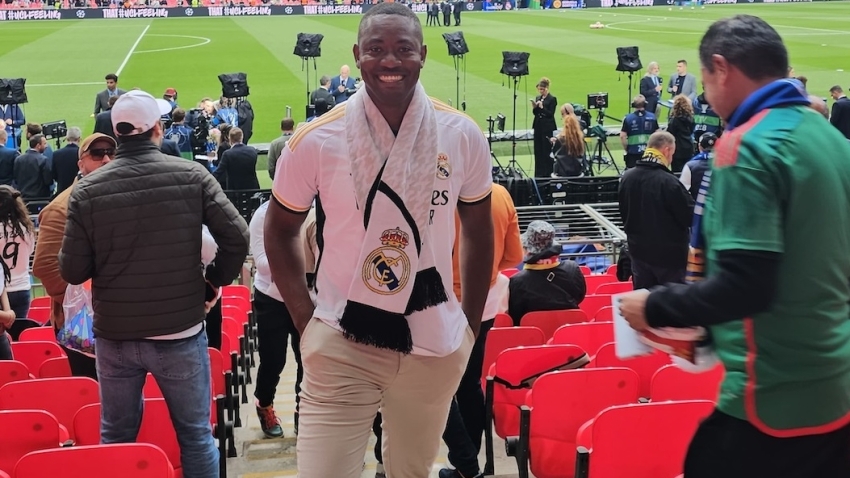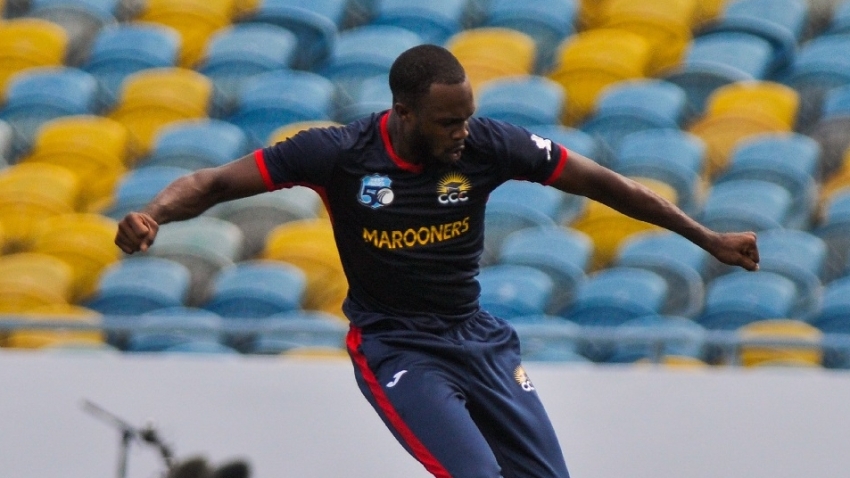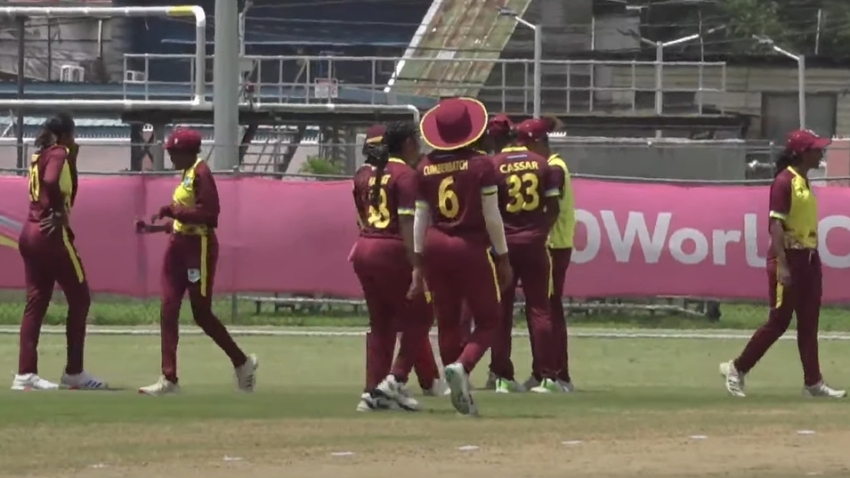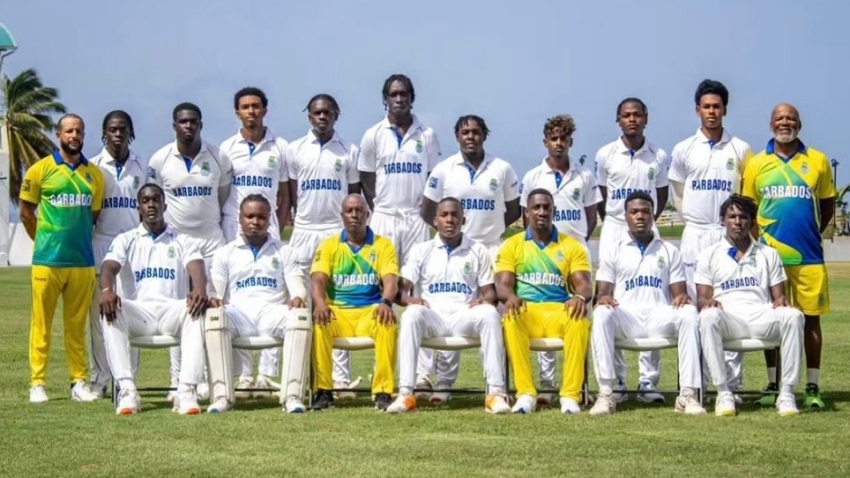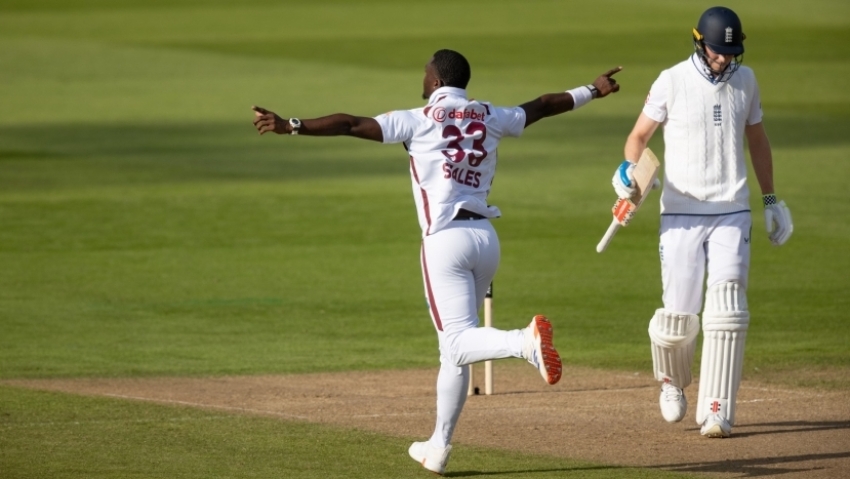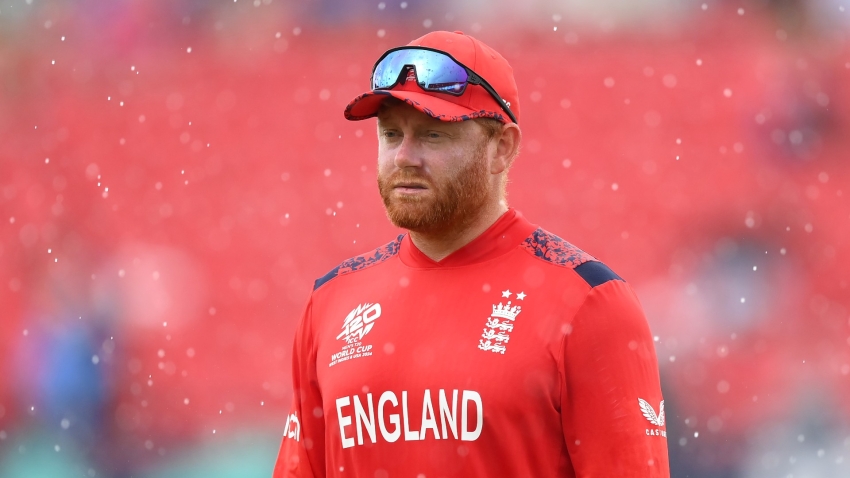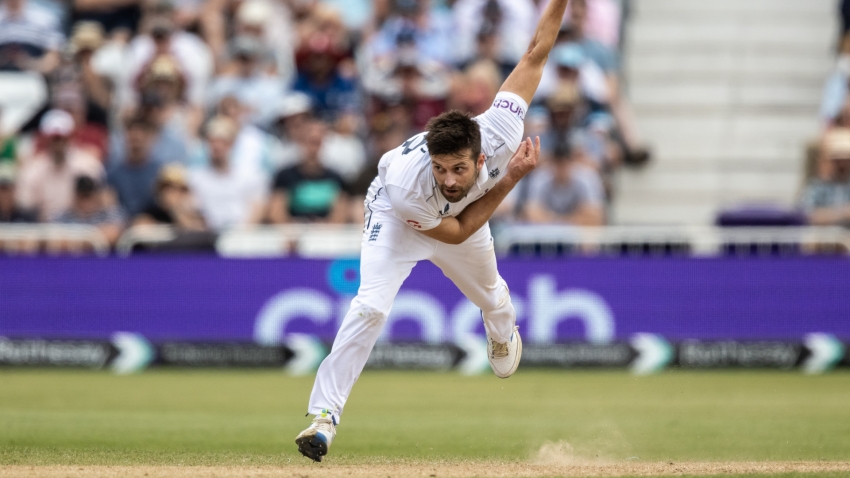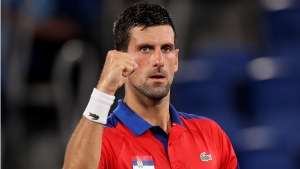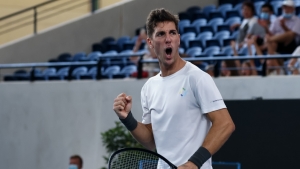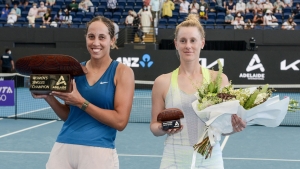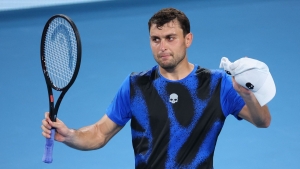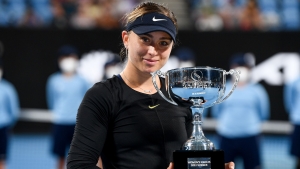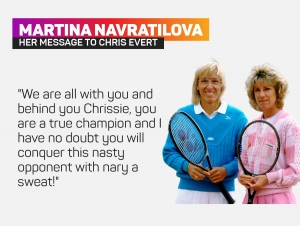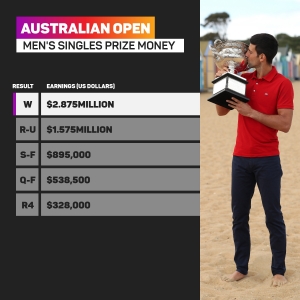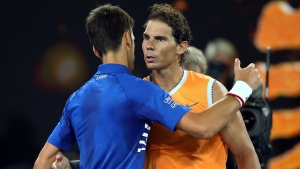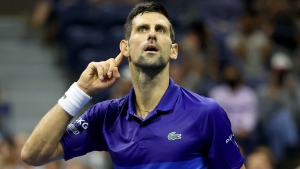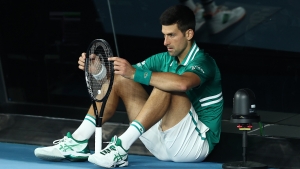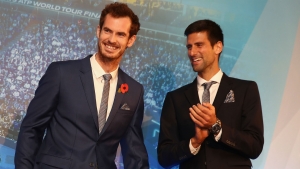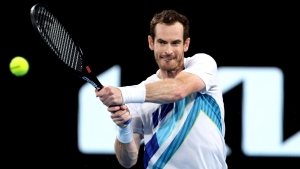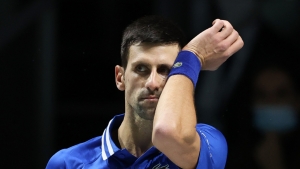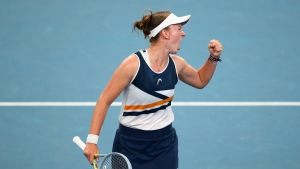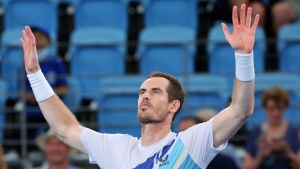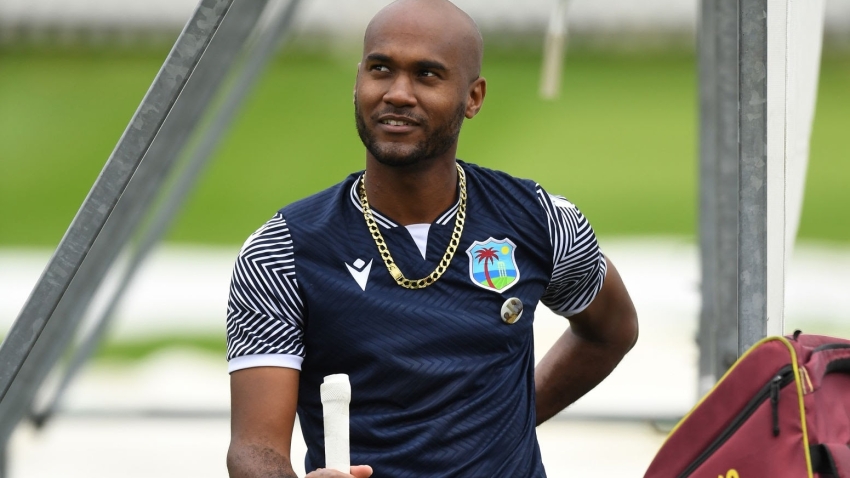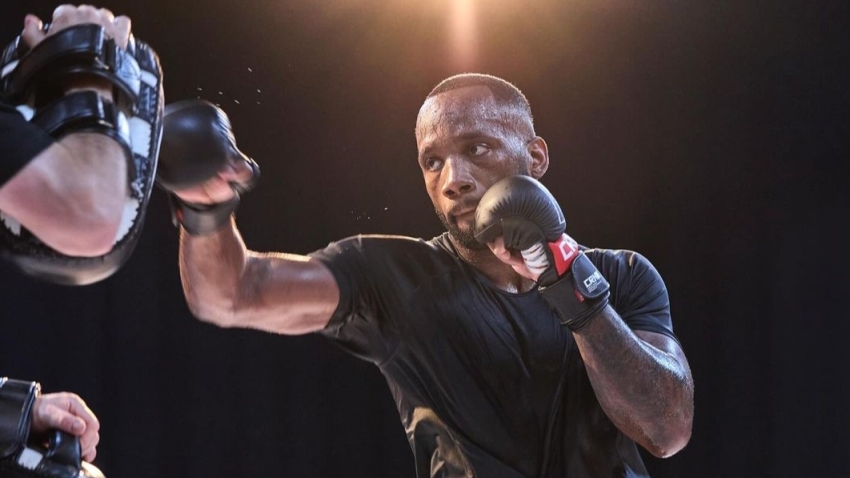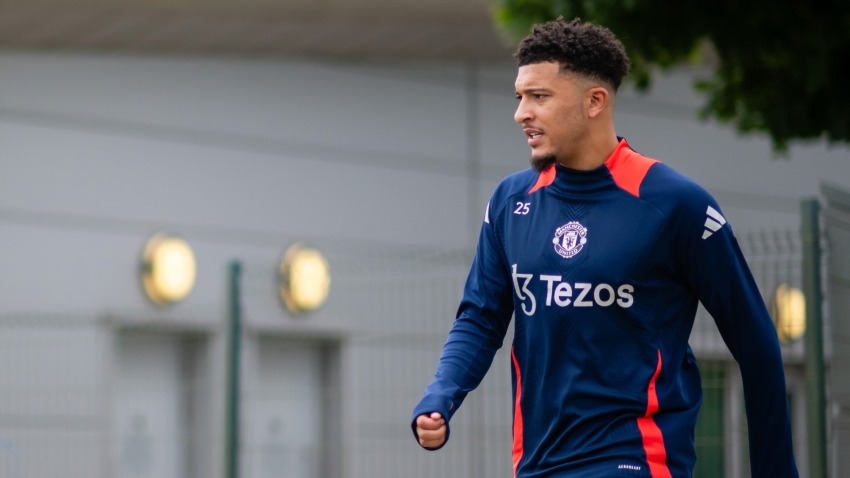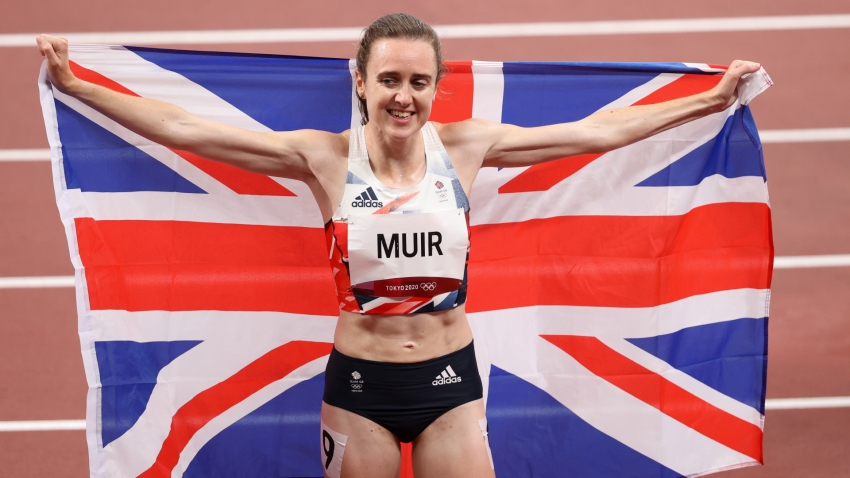Novak Djokovic has won the last three Australian Open titles and lifted the trophy nine times in all, which means he arrived in Melbourne as a hot favourite to triumph again.
Yet even before the chaos of the last 10 days, this looked a tough Australian Open for Djokovic, given the likes of Daniil Medvedev and Alexander Zverev have recently taken his scalp in major hard-court matches.
There was no doubt he was a worthy favourite, but Djokovic's dominance of the first half of last season was followed by a series of painful defeats, weakening his standing at the top of the game.
When the men's singles draw was made on Thursday, only two former champions featured: Djokovic and Rafael Nadal, the 2009 winner.
Here, Stats Perform assesses the contenders to follow Djokovic onto the Melbourne Park throne.
NEXT NUMBER ONE? DANIIL MEDVEDEV
Last year's runner-up, given a sound pasting by Djokovic in a final that came nowhere close to matching expectations, has come a long way since that crushing blow. Russian Medvedev was the only man to beat Djokovic in a grand slam last year, doing so at the final hurdle of the final major, without dropping a set in the US Open title match. That denied Djokovic a calendar year sweep of the majors, which would have been the first time the feat had been achieved by a man since Rod Laver's 1969 complete set.
He also took the first set off Djokovic in the Paris Masters final in November, only to lose the match. What is clear is that Medvedev is amassing experiences against Djokovic: some good and some bad, but all surely massively helpful. He lost in their first three encounters but has won four of the seven since.
Progress like this is what repeat champions are made of. Medvedev has a 9-9 win-loss record when dropping the first set of matches over the past year, which shows he is not easily beaten. Only Djokovic (14-6) has a better record in that respect.
Medvedev has a 54-9 record on hardcourts over the past 12 months, has gone mightily close to hitting number one in the rankings, and might see a lot of that top step in the months and years to come. On the 52-week rolling list, he holds a 16-8 win-loss record against top-10 opponents, which is second only to Djokovic (22-5).
Should Medvedev pull off a second consecutive grand slam win, it would make him just the third Russian man to win two or more grand slam singles titles, after Yevgeny Kafelnikov (French Open 1996 and Australian Open 1999) and Marat Safin (US Open 2000 and Australian Open 2005).
The last player other than Federer, Nadal and Djokovic to secure back-to-back majors was Andre Agassi (US Open 1999 and Australian Open 2000).
OVERDUE SLAM INCOMING? ALEXANDER ZVEREV
The Olympic champion and ATP Finals winner is just lacking a grand slam title to confirm to the wider sporting world his status as one of the rising generation's preeminent performers. Zverev beat Djokovic in semi-finals en route to both of those big 2021 titles, and although he also lost three times to the 20-time major winner over the season, he took four sets off the man from Belgrade in those defeats.
Zverev is improving season on season, and if he avoids injuries or other tribulations in 2022 then he surely stands a strong chance of picking up that first slam before the year is out. He won six titles in all in 2021, more than any other singles player on the ATP Tour, and holds a 43-10 win-loss record on hardcourts on the 52-week rolling list.
When the draw was made, he and Djokovic were set on another semi-final collision course, and that prospect looked tantalising. Until recently so far apart, the gap has closed considerably, Zverev tallying victories that will have surely troubled the world number one.
NOT READY TO BE YESTERDAY'S MAN: RAFAEL NADAL
Because why the heck not? Nadal, at the age of 35, returned from a long foot injury lay-off with a title at the Melbourne Summer Set tournament this month, and if his record at the Australian Open is deemed unspectacular by some, the Spaniard himself takes great pride in his achievements.
Recently, in a Melbourne news conference, he was asked why he had not reached the semi-finals of the Australian Open since his title year, and Nadal swiftly put his questioner right.
"I am very sorry to tell you – I don't want to – but I have been in the final of 2012, '14, '17, '19," he said. "I got injured a couple of times here in my tennis career, so of course it's been a great tournament for me, and of course I had a lot of challenges in terms of injuries in this event. Sorry to correct you."
Polite as ever, but pointed. Nadal knows he has been successful in Australia and would surely not have returned this year if he felt there was no chance of another run to the final. He rightly takes issue with those who forget his feats. Remember, he, like Djokovic and Federer, sits on 20 grand slams.
Nadal reached the quarter-finals last year and lost from two sets up against Stefanos Tsitsipas, so he will want to banish that memory. There is little evidence of hard-court form beyond his win in a mediocre field last week in Melbourne, but he is Rafael Nadal and he wins tennis tournaments. At least one every year since 2004. A 6-8 record against rival top-10 players over the past 52 weeks is no great shakes, but you count out Nadal at your peril.
NEXTGEN OR NEXT NEW CHAMP? JANNIK SINNER
Tennis is such a generation game just now. The Big Three (Big Four, if you include Andy Murray) are in the twilight years of their careers, coming under long-awaited threat from the mid-twenties likes of Medvedev, Zverev, Dominic Thiem (absent from Australia), Tsitsipas and Matteo Berrettini.
Sinner is to the forefront of the pack of the next big group coming through (see also: Carlos Alcaraz, Lorenzo Musetti). At 20, the Italian is entering a big year in the context of his career. By the time Djokovic turned 20, he was sixth in the world, Federer was 14th on the day he left his teenage years behind, and Nadal was second. Progress comes at different rates.
Sinner was 15th in the rankings on his last birthday, in August, but has since dipped his toes into the top 10 and currently stands 11th. He won four ATP Tour titles in 2021, finished the year with a 49-22 record, and can reasonably be expected to kick on. The Italian has yet to majorly show up at the grand slams, with a Roland Garros quarter-final in 2020 his best run yet.
Expect that to change soon enough. Sinner is only 6-9 against top-10 players on the 52-week list, but he warmed up for the challenge that lies ahead in Melbourne with three straight-sets singles victories at the ATP Cup. His 42-14 record on hardcourts over the last year suggests the Australian Open should suit him as well as any slam.


